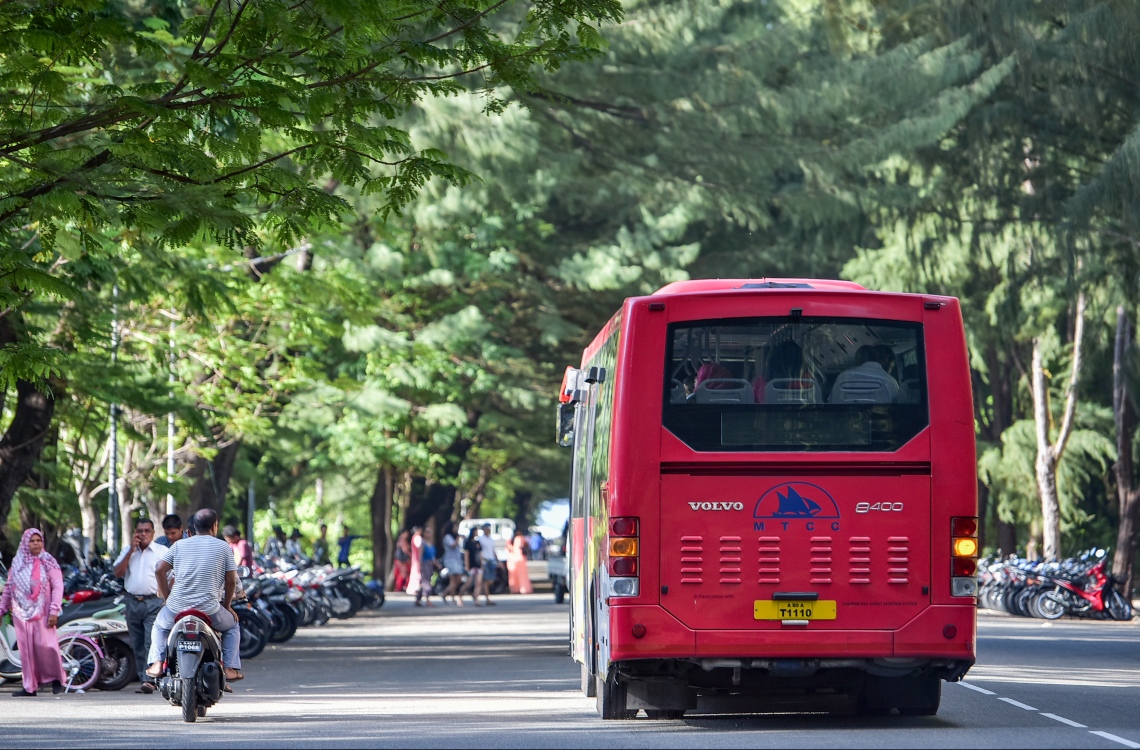Maldives is a small archipelagic nation with a dispersed population, where the majority of the people live in the capital city, Male. The country has been experiencing rapid urbanization and population growth, which has put pressure on the existing transportation infrastructure.
As the Maldives is known for its pristine beaches, crystal clear waters, and luxurious resorts, it attracts a large number of tourists every year, making it important to have an efficient and reliable transportation system. In this report, we will discuss how a strong public transport system can benefit Maldives.
A well-planned public transport system can significantly reduce traffic congestion on the roads. With an efficient public transport system, people are encouraged to use public transport, which reduces the number of cars on the roads.
This results in less traffic congestion, less pollution, and less time spent commuting. Additionally, it can improve air quality, as Maldives is facing a significant air quality issue mainly due to the increasing number of vehicles on the roads.
A strong public transport system can be more cost-effective than owning a car. Public transport fares are usually much lower than the cost of owning and maintaining a vehicle. This makes public transport an attractive option for low-income families and individuals.
Furthermore, an efficient public transport system can help boost economic growth by improving connectivity between different parts of the country. This can encourage more people to travel and explore different parts of the country, which can lead to increased tourism and economic growth.
A public transport system that is accessible to all can help enhance social cohesion. Public transport can bring people from different parts of the country together and create a sense of community. Additionally, it can also provide access to jobs, education, and healthcare, which can help reduce social inequality.
A robust public transport system can also help reduce the country’s carbon footprint. With fewer cars on the road, there will be a reduction in greenhouse gas emissions, which can have a positive impact on the environment.
However, developing a robust public transport system in Maldives can be challenging due to limited funding, low population density, and geographic barriers. The dispersed population in Maldives can make it challenging to develop an efficient public transport system.
The cost of developing and maintaining a public transport system in a sparsely populated area can be high. The geography of Maldives can also pose a significant challenge in developing a strong public transport system.
The country comprises 26 atolls, which are spread across a vast area, making it challenging to develop a cohesive public transport system that connects all parts of the country.
A strong public transport system is essential for a sustainable and thriving society in Maldives. It can have a significant impact on reducing traffic congestion, improving air quality, boosting economic growth, enhancing social cohesion, reducing carbon footprint, and improving public health.
Despite these challenges, it is essential for the government and stakeholders to invest in developing a robust public transport system that can benefit the people of Maldives and the environment in the long run.





